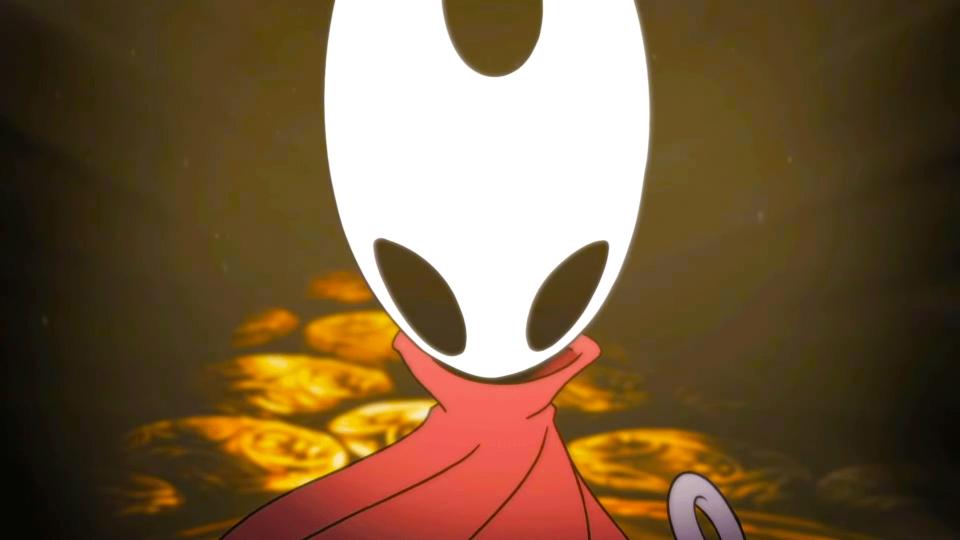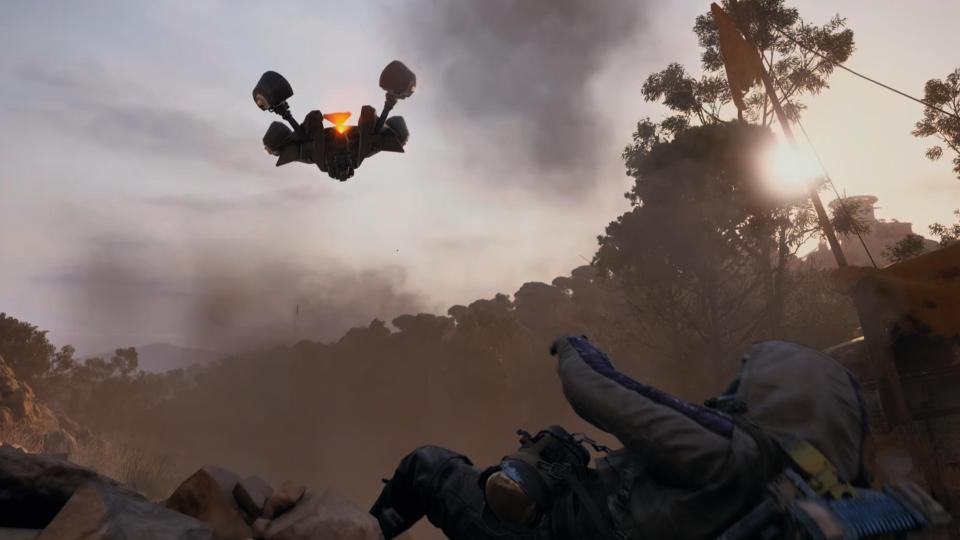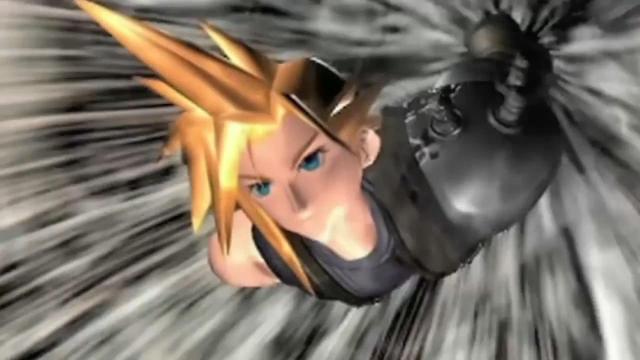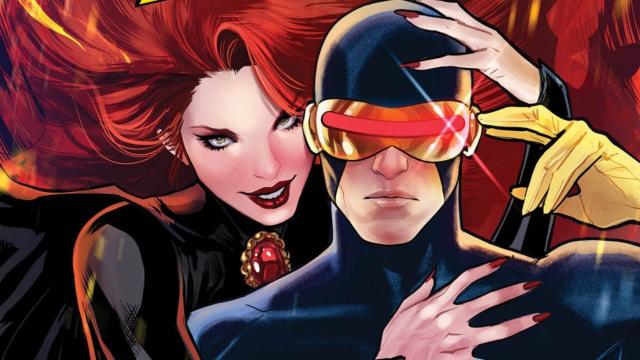Concerns are emerging within the indie game community following the release of Hollow Knight: Silksong, which is priced at an appealing $20. While many gamers welcome this low price, some developers argue it sets an unrealistic expectation for pricing in the indie sector. Notably, game creators like RJ Lake from Unbeatable express that such a low price might undervalue other indie games that require substantial budgets for development. The buzz around Silksong's pricing has triggered a debate on how indie developers should price their titles, especially amidst rising prices in AAA games. Developers are grappling with finding a balance between affordability for consumers and adequately compensating their teams.
How does Silksong's pricing affect other indie game developers?Silksong's $20 price tag may lead consumers to expect similar pricing for other indie games, which can negatively impact developers who need to set higher prices to sustain their projects and teams. This pricing dynamic could potentially "price out" certain types of games, forcing indie developers to rethink their pricing strategies to remain viable.
The success of Hollow Knight: Silksong is deeply rooted in its predecessor, Hollow Knight, which gained critical acclaim for its art style, gameplay, and storytelling. Developed by Team Cherry, the series is known for its engaging Metroidvania gameplay and rich lore, drawing a dedicated fanbase. The anticipation surrounding Silksong reflects the original's successful reception and the promises of new features and depth in gameplay, making its price point all the more significant in the current indie landscape.








Comments
No comments yet. Be the first to comment!